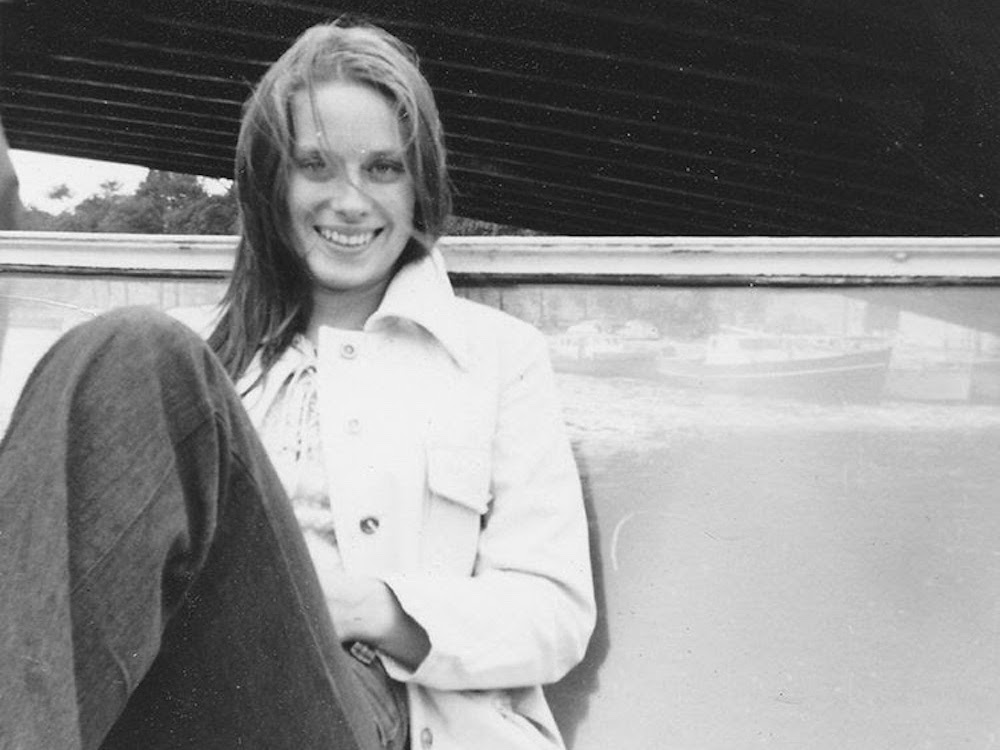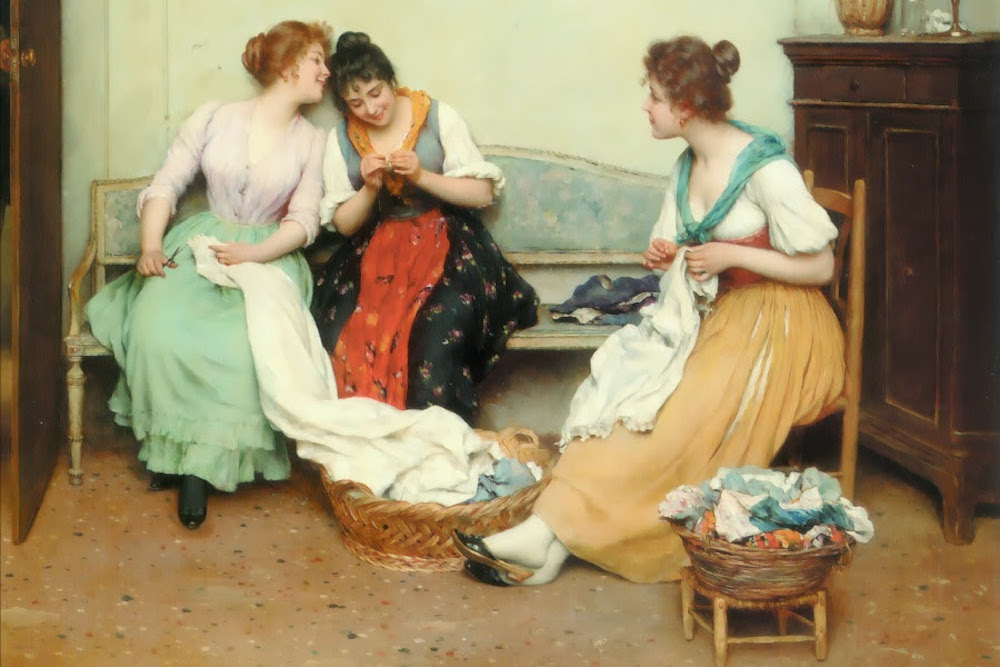Every week, the editors of The Paris Review lift the paywall on a selection of interviews, stories, poems, and more from the magazine’s archive. You can have these unlocked pieces delivered straight to your inbox every Sunday by signing up for the Redux newsletter.
This week at The Paris Review, we’re celebrating the release of issue no. 234 and reading work from Fall issue contributors who have appeared in the magazine before. Read on for Lydia Davis’s Art of Fiction interview, Margaret Atwood’s short story “Bodily Harm,” and Yusef Komunyakaa’s poem “Memory Cave.”
After you’re finished, mark your calendar for our forthcoming Fall issue launch, on September 23 at 6 P.M. EST. This free virtual event will feature several Fall issue contributors reading from their work: Rabih Alameddine, Lydia Davis, Emma Hine, and Eloghosa Osunde. For more information and to RSVP, please visit our events page.
If you enjoy these free interviews, stories, and poems, why not subscribe to The Paris Review and read the entire archive? You’ll also get four new issues of the quarterly delivered straight to your door. And for as long as we’re flattening the curve, The Paris Review will be sending out a new weekly newsletter, The Art of Distance, featuring unlocked archival selections, dispatches from the Daily, and efforts from our peer organizations. Read the latest edition here, and then sign up for more.
Lydia Davis, The Art of Fiction No. 227
Issue no. 212, Spring 2015
To me a short story is a defined traditional form, the sort of thing that Hemingway wrote, or Katherine Mansfield or Chekhov. It is longer, more developed, with narrated scenes and dialogue and so on. You could call some of my stories proper short stories. Most of the others I wouldn’t call short stories, even though many are very short. Some you could call poems—not many.
Bodily Harm
By Margaret Atwood
Issue no. 81, Fall 1981
Who knows what goes on in their heads? said Jocasta. They were well into the second carafe of wine. Not me, I’ve stopped even trying. It used to be women that were so mysterious, remember? Well, not any more, now it’s men. Me, I’m an open book. All I want is a good enough time, no hassle, a few laughs, a little how-you-say romance, I’ll take the violins if they’re going around, dim lights, roses, fantastic sex, let them scrape the pate off the rug in the morning, is that too much to ask? Are they afraid of my first name or something, is that it? Remember when we all batted our eyes and pretended not to know what dirty jokes meant and crossed our legs a lot and they chased around like pigs after a truffle and God did they complain. Frigid, cock teaser, professional virgin, remember those? Remember panty girdles, remember falsies, remember Peter Pan brassieres, in the front seat after the formal, with your wires digging into his chest?
Memory Cave
By Yusef Komunyakaa
Issue no. 144, Fall 1997
A tallow worked into a knot
of rawhide, with a ball of waxy light
tied to a stick, the boy
scooted through a secret mouth
of the cave, pulled by the flambeau
in his hand. He could see
the gaze of agate eyes
& wished for the forbidden
plains of bison & wolf, years
from the fermented honey
& musty air …
And to read more from the Paris Review archives, make sure to subscribe! In addition to four print issues per year, you’ll also receive complete digital access to our sixty-seven years’ worth of archives.
from The Paris Review https://ift.tt/3m1oPuL



Comments
Post a Comment